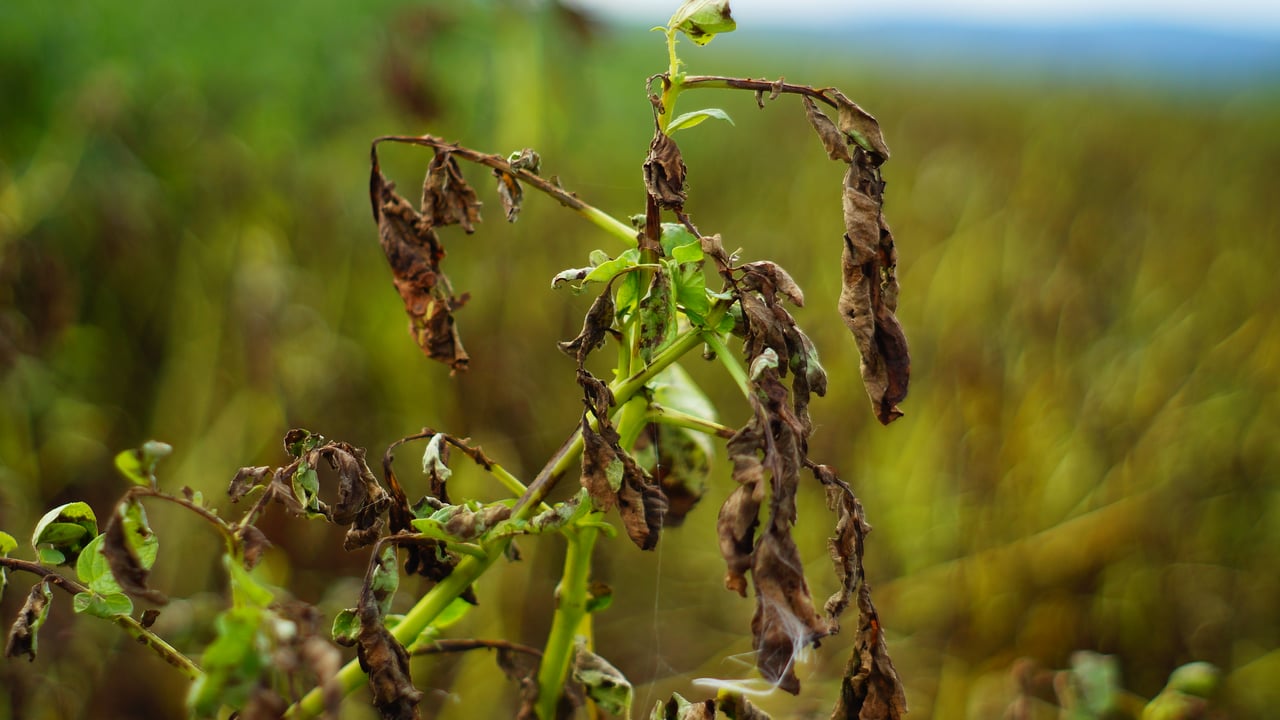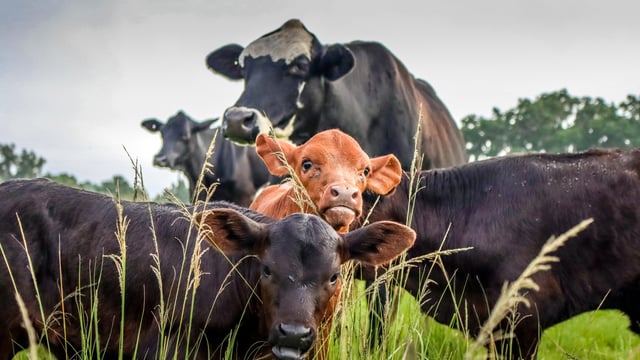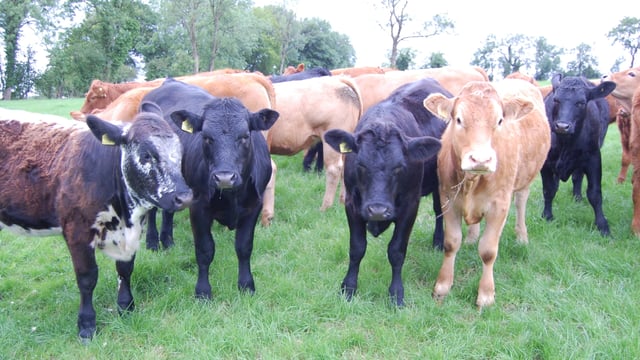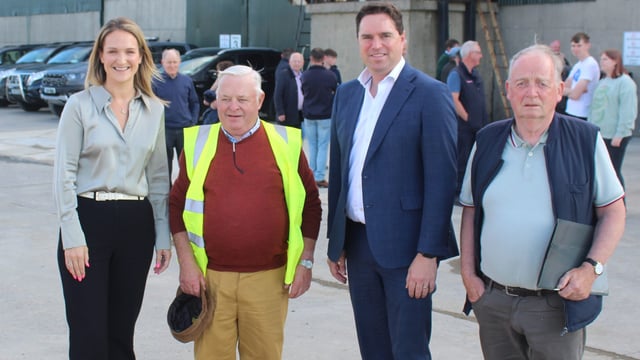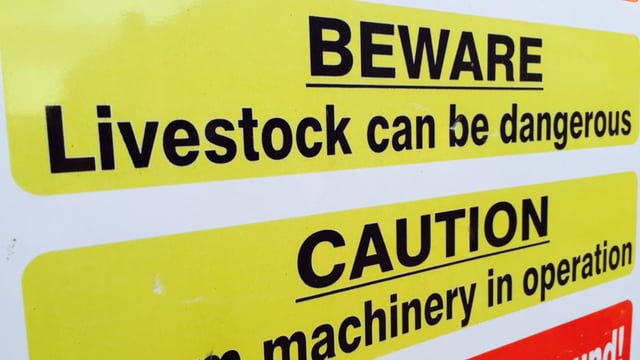Farmers warn of 'complete deadlock' in EU on crop protection
An EU farm organisation has warned of "complete deadlock" at an EU level if the European Commission does not make more crop protection substances and methods available to farmers.
Copa Cogeca, which represents member state farm organisations and agricultural co-operatives, claimed that, for some farms in the vegetable, fruit or crop sectors in the EU, production "has simply stopped".
"This issue, which rarely makes headlines and is often misunderstood by the general public, represents a major source of frustration and discouragement for the vast majority of farmers," the group said.
Copa said that crop failures of up to 50% in sugar beet and rapeseed are possible if no immediate plant protection solutions are found, while in specialised sectors such as nurseries, losses "of up to 80% loom".
"At the European level, what used to be the exception is now rapidly becoming the norm, and within a few years major agricultural productions on out continent could face utter deadlock," Copa said.
Since 2001, the number of available active plant protection ingredients has decreased from 900 422 substances. According to Copa, 85 substances have been lost since 2019 without any new conventional crop protection products approved to replace the lost ones.
Citing the example of potato blight, Copa said: "Even today late blight, the same disease that caused the Irish Potato Famine, continues to threaten crops. While farmers previously had multiple tools to combat this persistent threat, their options are, these days, rapidly dwindling.
"Without immediate action, potato yields could drop by 50%, threatening not just farmers' livelihoods but European food security and sovereignty.
"Each passing year has now become a race against time, and soon Europe will no longer have the luxury of grand theoretical debates, faced with the hard reality fast approaching...whether due to increasingly frequent crisis affecting our production, or the growing incoherence and blatant injustice surrounding agri-food imports that fail to meet any of our standards or respect any of our bans," Copa said.
The organisation called for the principle of 'no ban without alternatives', set out in the EU Vision for the Future of Agriculture, to be reflected in practice by the European Commission.
Copa has outlined four "principles" it wants the commission to follow in addressing the issue of plant protection.
These are: fair consideration in cost benefit and risk analysis for authorising products; speeding up the authorisation of alternative crop protection methods; supporting farmers in transitioning to those alternative methods; and strengthening and protecting EU standards in trade policy.
Copa said: "On this issue, as on many others in the agricultural field, Europe is playing for its future, and also that of its food security, in the coming months.
"Between political dogmatism and an unsustainable status quo, there is a reasonable path forward, one which can be shaped by making pragmatic decisions and engaging in dialogue with representatives of agriculture," the farm organisation said.

